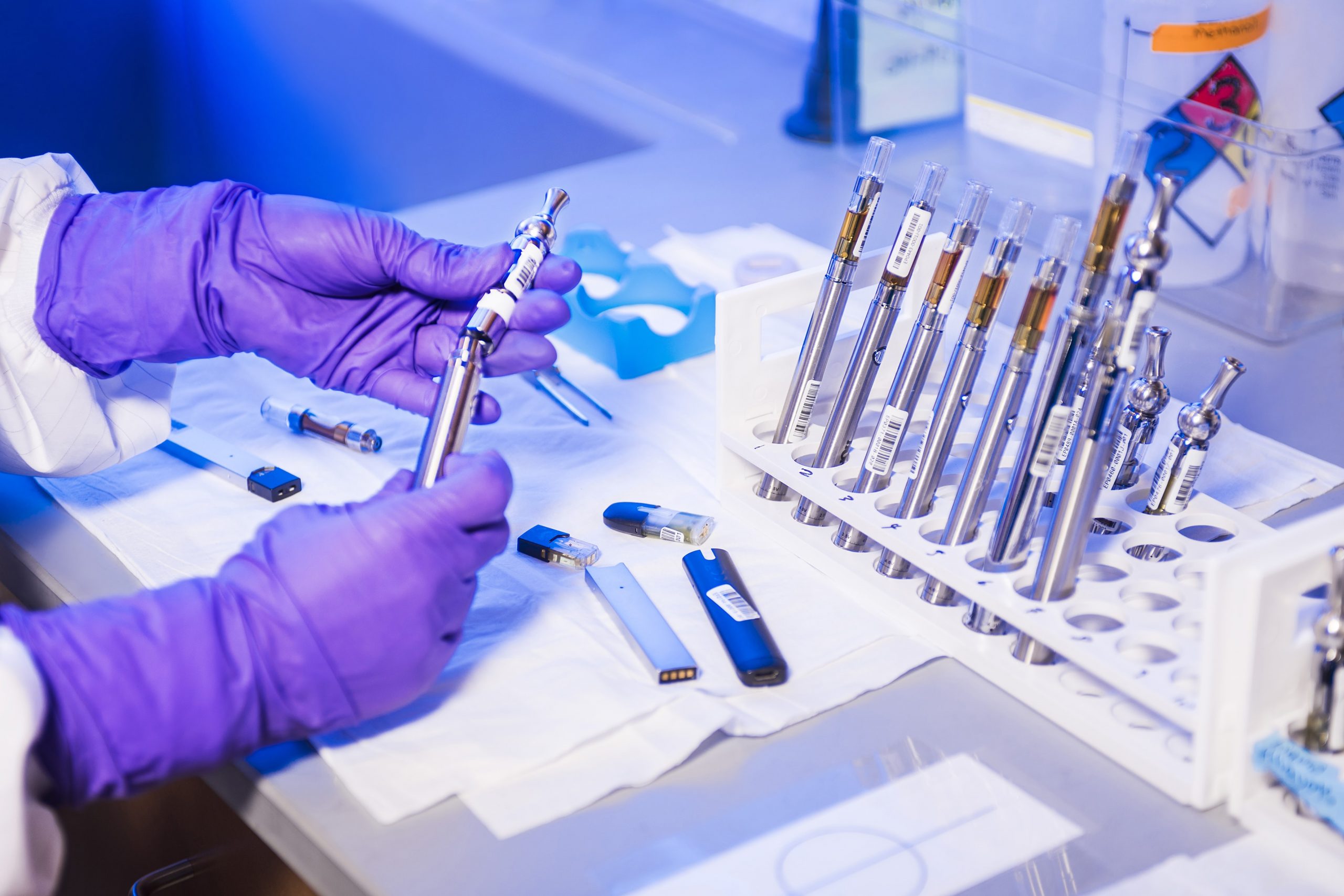Elrha R2HC Programme Funding Call Open for Applications
The Research for Health in Humanitarian Crises (R2HC) programme aims to improve health outcomes for people affected by humanitarian crises by strengthening the evidence base for public health interventions. The programme focuses on maximising the potential for public health research to bring about positive change in humanitarian response and helping to inform decision making in humanitarian response.
Funding through R2HC is available to research partnerships including operational humanitarian organisations and academic/research organisations for projects taking place over a maximum 36 month period in one or more countries or regions listed on the OECD Development Assistant Committee (DAC) list of ODA recipients.
Up to £4.5 million is available for the 2020 call to fund a wide range of grant sizes, including grants for large comparative studies that have the potential to generate significant impact. There is no maximum amount that can be requested for projects funded under the Open call. There is also a Formative research stream, with a maximum funding limit of £100,000 over 24 months, to support preliminary activities in support of larger studies.
Research should include a methodical study that will prove a hypothesis or answer a specific question. The research must be systematic and should be high quality and publishable in peer-reviewed academic journals. In all cases, proposals will be expected to demonstrate the potential scale and impact of the proposed research. As such, suitable approaches might include, for example: comparative (multi-country or multi-setting) studies; studies with generalisable research findings; studies that include cost-effectiveness analyses, mixed method studies; and primary and/or secondary data approaches.
Humanitarian public health interventions are defined as interventions that contribute collectively, in combination, or singularly, to saving lives, building resilience and promoting better health outcomes in humanitarian emergencies. Public health interventions should be considered in their broadest scope, including all relevant practice areas such as communicable and non-communicable diseases, nutrition, water and sanitation, sexual and reproductive health, mental health and psychosocial support, maternal and child health, gender-based violence, injuries and rehabilitation etc.
Under this Call, proposals could fund research that addresses:
Public health priorities specific to the context of a humanitarian crisis that lack a solid evidence base, such as those identified in the Humanitarian Health Evidence Review and/or in other humanitarian sector research gap analyses or prioritisation exercises.
Health service delivery models, including multi-sector integrated responses.
Strengthening and resilience of health systems in humanitarian settings, particularly health financing and human resource elements.
Adaptation of public health interventions for use in humanitarian contexts.
Specific interventions designed to improve health outcomes, such as cash transfers.
The specific needs of vulnerable and marginalised groups, how they access health services and are integrated into the planning of service provision (for example, people with disabilities, older people, women and girls, and hard-to-reach populations).
Research teams must include at least one academic or research institution and one operational humanitarian partner organisation – with either organisation acting as the lead. The consortium must also include at least one academic or research institution from the country or region where the planned research will take place. Particular encouragement is given to lead organisations based in low- and middle-income countries.
Research team members can come from a variety of organisations, including academic or other research institutions, operational humanitarian organisations, governmental organisations and local non-governmental or community-based organisations, or may be individual experts.
There is a two-stage application process: an Expression of Interest followed by a Full Proposal for shortlisted applicants.
EoIs for the 2020 R2HC Open Call should be submitted by the deadline of 27 October 2020.
More information about this research funding opportunity and the application process is available on the RESEARCHconnect funding information platform. RESEARCHconnect provides up-to-the minute content, insight and analysis on research funding news and policy. To find out more about how RESEARCHconnect can keep you in the know, and subscription fees, contact us today.

